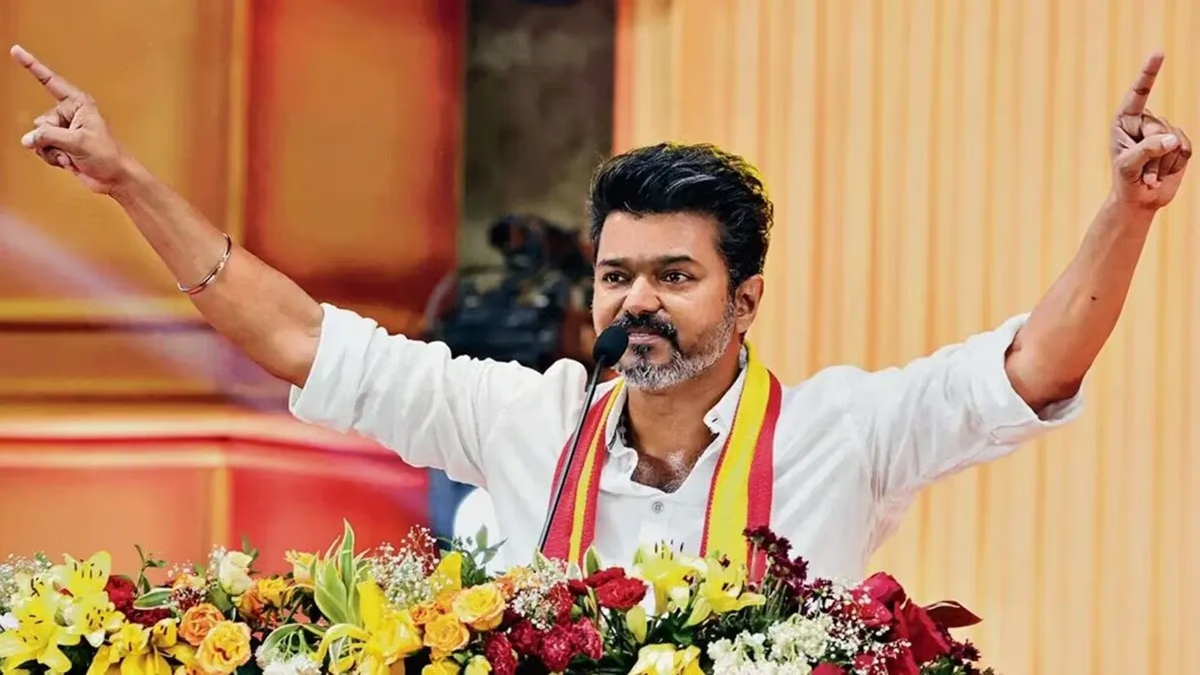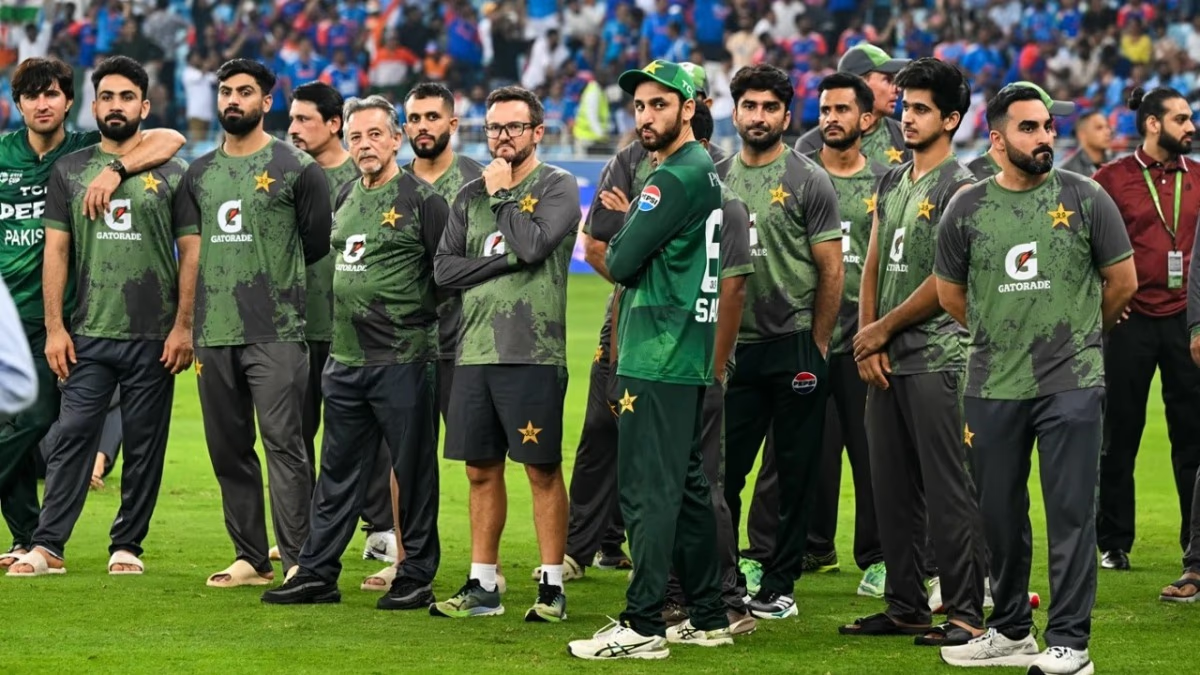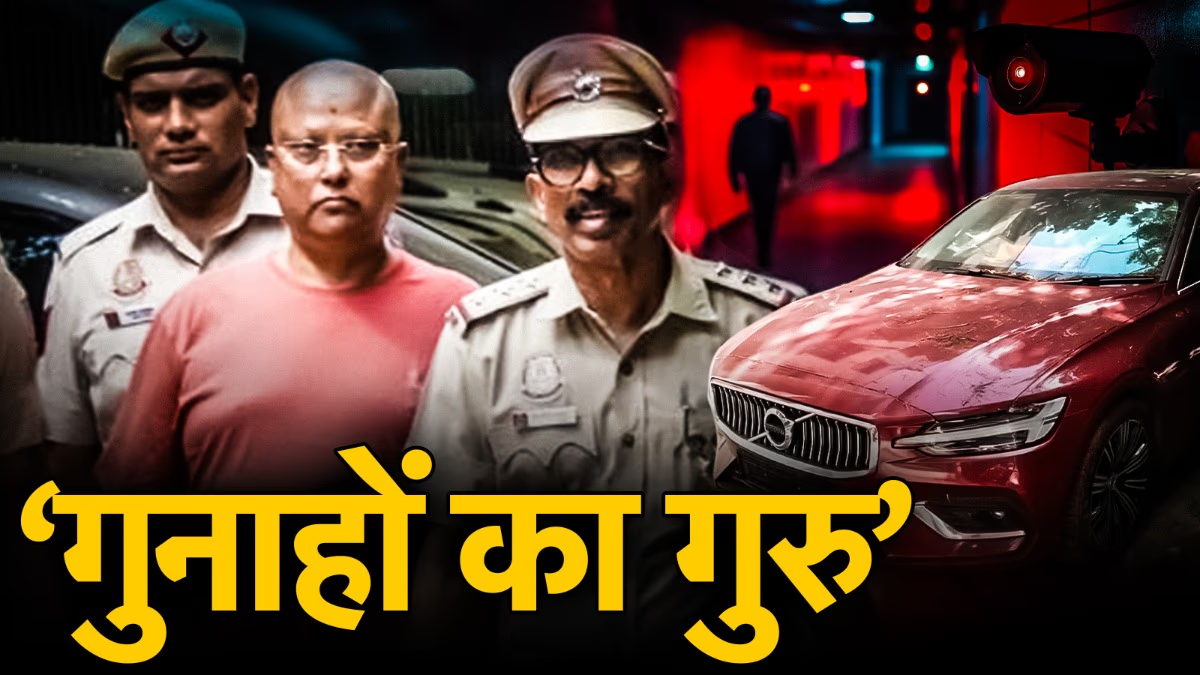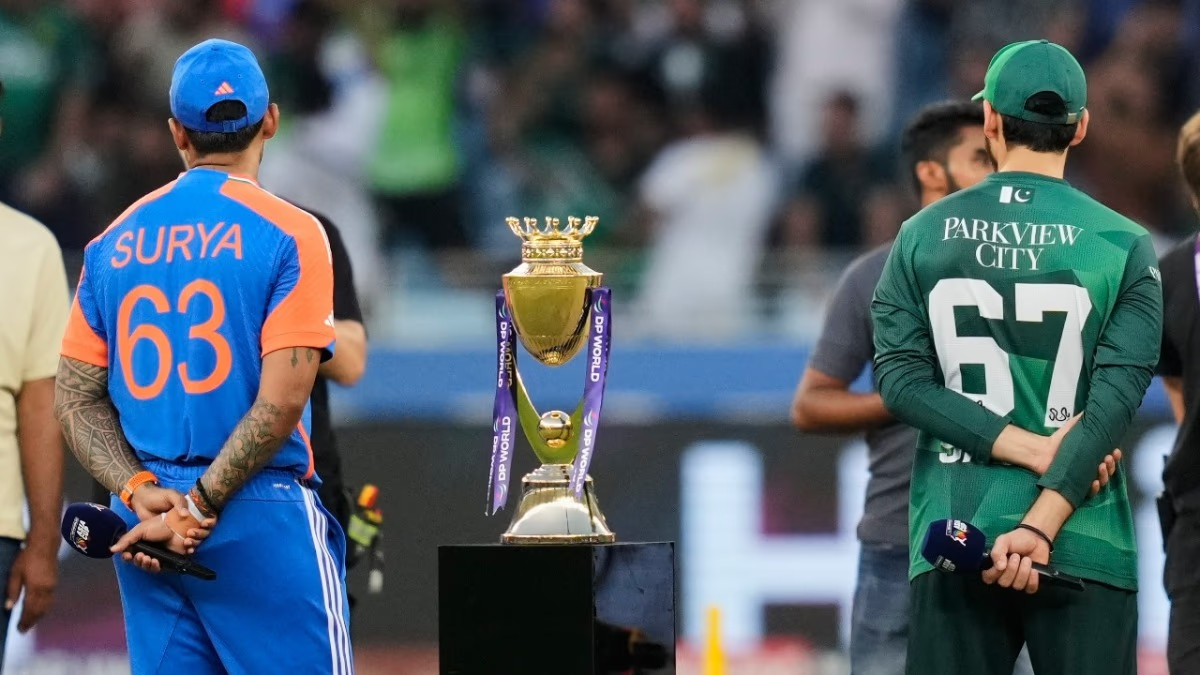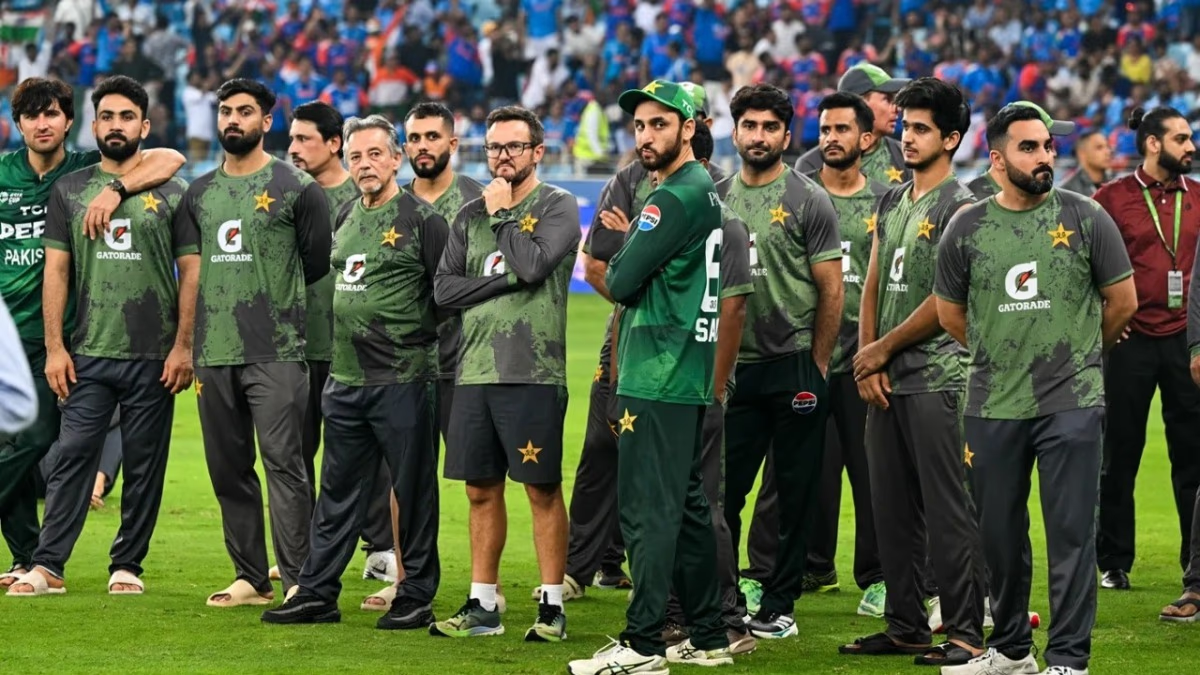Cinema has always been a medium for social and political narratives in Tamil Nadu. In this southern state of India, film stars wield significant influence in the political sphere. Thalapathy Vijay, born Joseph Vijay Chandrasekhar, continues this tradition, standing as one of the biggest superstars of Tamil cinema. Born on June 22, 1974, in Chennai, Vijay started his acting career as a child artist and has graced over 68 Tamil films over three decades.
His movies, like Mersal, Sarkar, Master, and Leo, have shattered box office records, placing him among India’s wealthiest actors. His fans affectionately call him 'Thalapathy,' meaning 'Commander' or 'Leader' in Hindi. With a massive fan base, Vijay resonates powerfully with the youth. Through his films, he has addressed societal issues such as corruption, healthcare, and social justice, forming the backbone of his political journey.
Turning Fan Clubs into Political Power
Vijay transformed his fan club 'Vijay Makkal Iyakkam' into the bedrock of his political party. This was successful in local body elections in Tamil Nadu. In February 2024, Vijay solidified his political ambitions by founding the Tamizhaga Vetra Kazaagam (TVK), meaning 'Tamil Nadu's Victorious Assembly' in Hindi. TVK aims for victory in the 2026 Tamil Nadu assembly elections, aspiring to bring fundamental political and social reforms to the state. By September 2024, TVK registered officially as a political party and launched its flag on August 22, 2024, symbolizing equality, development, and justice. TVK held its first major conference in Vikravandi in October 2024, drawing over 800,000 attendees.
What is TVK’s Political Ideology?
Vijay describes his political ideology as secular social justice. He supports equality, secularism, democracy, and a bilingual policy (Tamil and English). Influenced by ideological pillars like Periyar, Dr. BR Ambedkar, K. Kamaraj, and Velu Nachiyar, Vijay rejects Periyar's atheist stance. He sees BJP as his ideological opponent, branding it fascist and divisive, and labels DMK as a corrupt and dynastic rival. TVK promises a caste-free, corruption-free, transparent, and efficient administration. Analysts consider TVK a mix of Dravidian ideologies and Tamil nationalism.
TVK's Prospects in Tamil Nadu’s Elections
The Tamil Nadu assembly elections are set for early 2026. TVK plans to contest all 234 seats independently, with Vijay contesting from Madurai East and declared as the party’s Chief Minister candidate. TVK claims it will give DMK a tough fight, aiming to deploy over 70,000 booth-level agents and attracting several former legislators and bureaucrats.
Vijay's massive fandom (over 85,000 fan clubs) empowers his political candidacy. Popular among youth and first-time voters, his fan clubs won 115 seats in Tamil Nadu's 2021 local body elections. TVK could leverage the anti-incumbency wave against the DMK government in Tamil Nadu’s dual political landscape dominated by DMK and AIADMK.
Challenges Facing Vijay’s Party
TVK, a new political entity, showcases a still-developing organizational structure. Some analysts predict TVK’s vote share might not exceed 10-15% but could disrupt DMK and AIADMK’s voter base. Vijay’s ideological clash with BJP poses challenges in reaching right-leaning and nationalist voters. Despite drawing large crowds, such as in Madurai rallies, converting attendees to voters remains a significant challenge for TVK.
Will Vijay Echo MGR's Success?
Given Tamil Nadu’s political dynamics, TVK emerging as a third force behind DMK and AIADMK would be unsurprising. If Vijay strengthens his organizational base, gaining a 20-30% vote share is feasible, although insufficient for a majority, leaving room for alliances. The upcoming assembly elections might reshape Tamil Nadu's political landscape. Whether Vijay mirrors MGR's political success or follows Kamal Haasan's path, only the 2026 results will unfold.
Tamil Nadu's Political Scene and Film Stars
C.N. Annadurai
The influence of film stars in Tamil Nadu politics is a unique and profound narrative. The alliance of Tamil cinema and politics is decades-old, deeply intertwined with the Dravidian movement and Tamil identity. It began with C. N. Annadurai (Konguvaram Natarajan Annadurai), founder of the Dravidar Kazhagam (DMK) in 1949, who became Tamil Nadu’s Chief Minister in 1967. Annadurai was the first cinema-associated figure to wield such political influence.
M.G. Ramachandran
Following Annadurai, M.G. Ramachandran, known as MGR, became Tamil cinema’s first true superstar. MGR’s films portrayed him as a champion for the poor, farmers, and laborers. He split from DMK in 1972, forming Anna Dravida Munnetra Kazhagam (ADMK, later AIADMK), and became Chief Minister of Tamil Nadu from 1977 to 1987. His welfare schemes, like the midday meal scheme, and charismatic persona made him a people’s hero, proving cinema’s power could translate to votes.
J. Jayalalithaa
Jayalalithaa, MGR's co-star and famous Tamil cinema actress of the 60s and 70s, delivered multiple hits. She exuded a strong, charismatic screen presence. After MGR’s death in 1987, Jayalalithaa took over AIADMK, serving as Tamil Nadu's Chief Minister six times from 1991-2016. Her policies, like Amma Canteens and health schemes, boosted her popularity among the poor and women. Jayalalithaa transformed her glamorous cinema image into that of a competent administrator, becoming Tamil Nadu’s first female Chief Minister.
M. Karunanidhi
DMK stalwart and current Chief Minister MK Stalin's father, M. Karunanidhi was a famous screenwriter. His films, such as Parasakthi (1952), promoted Tamil nationalism and social reform. Karunanidhi served five terms as Tamil Nadu’s Chief Minister between 1969 and 2011. His cinematic writing highlighted DMK’s ideology, reaching the masses. A staunch Tamil literature and culture advocate, Karunanidhi used cinema as a vehicle for DMK’s ideological dissemination.
